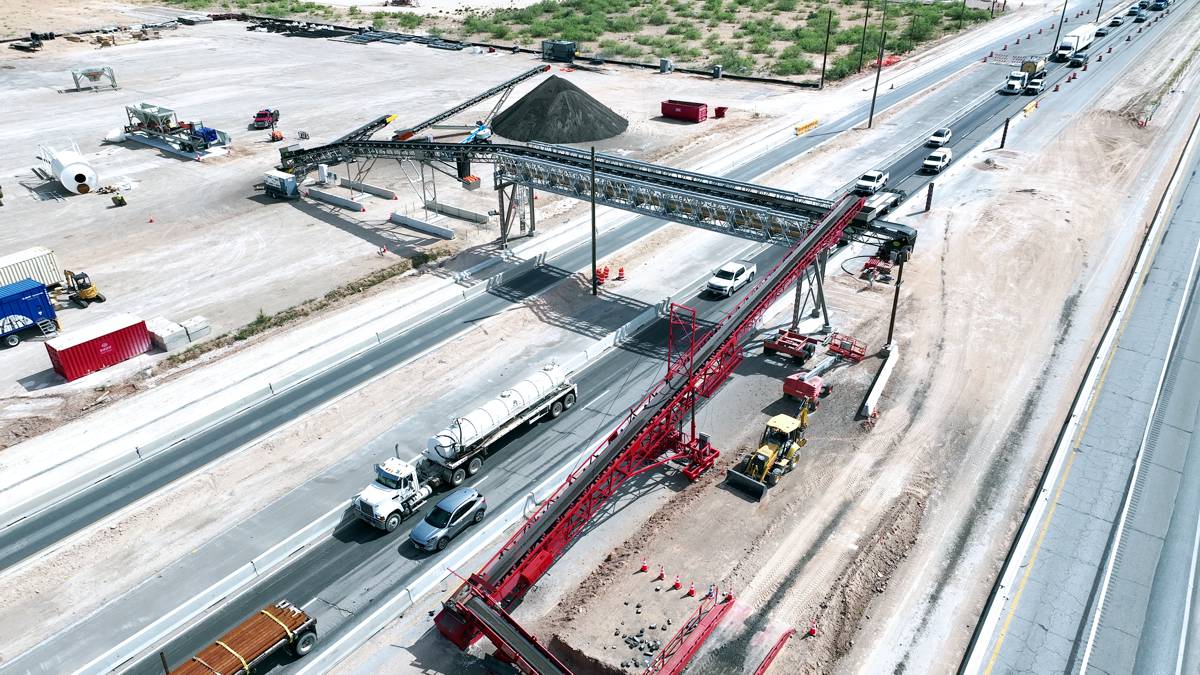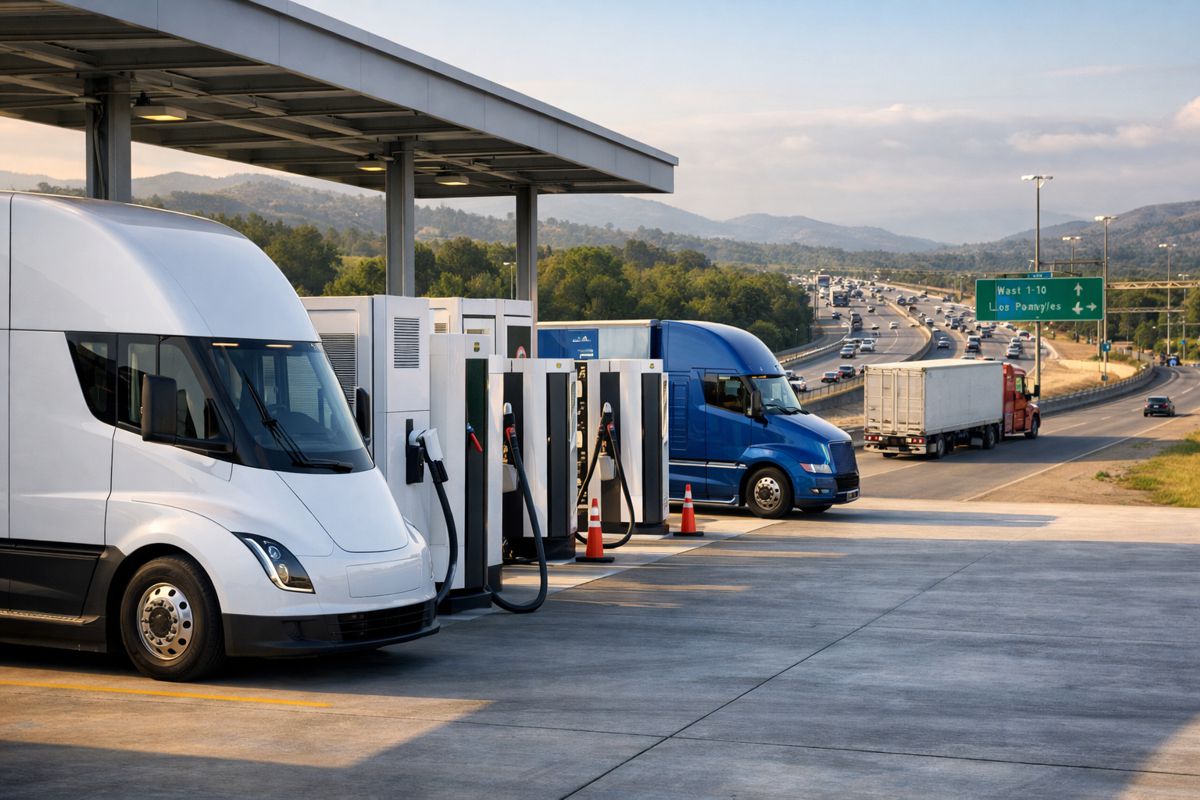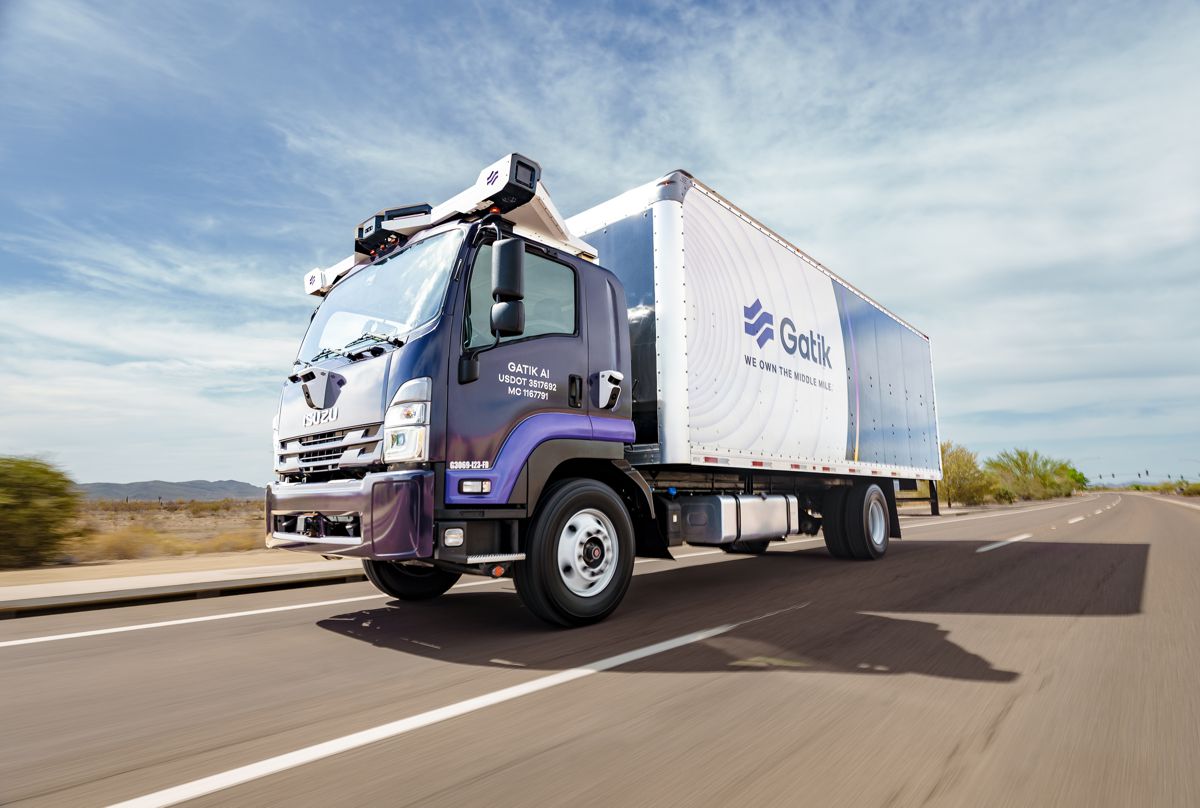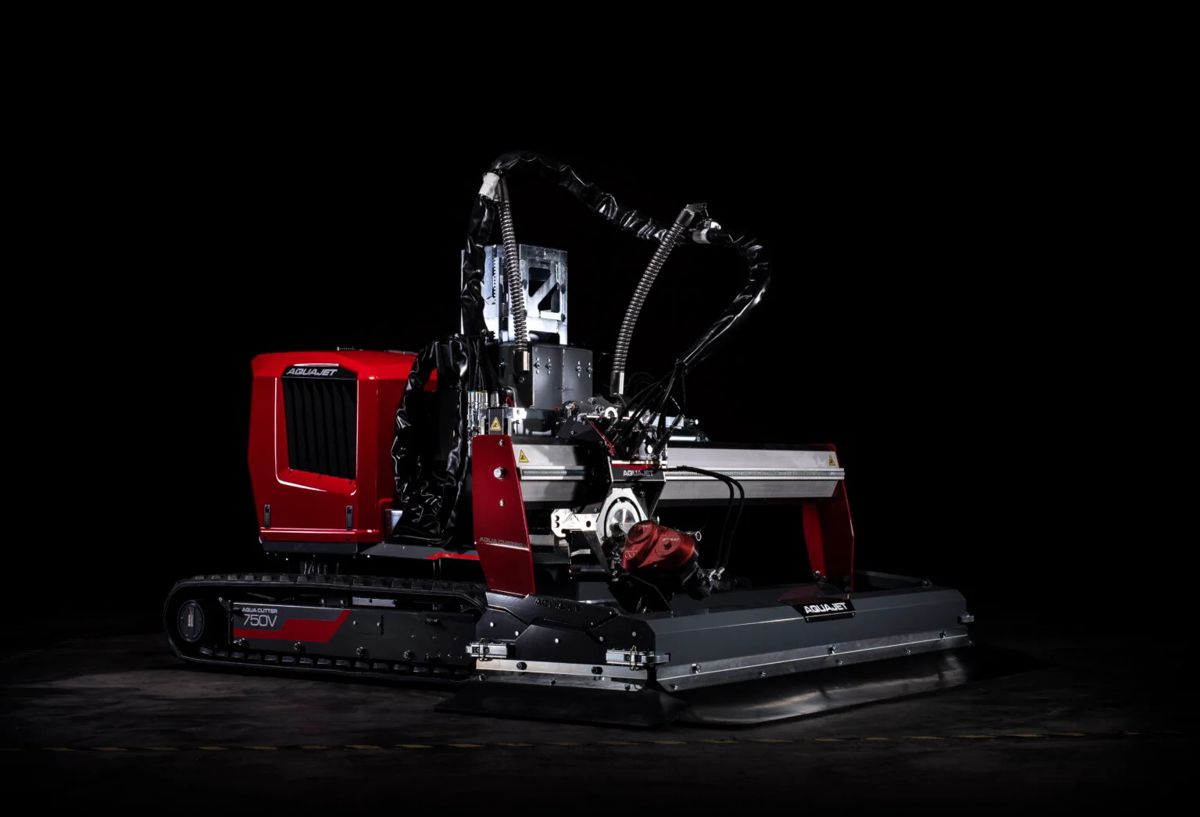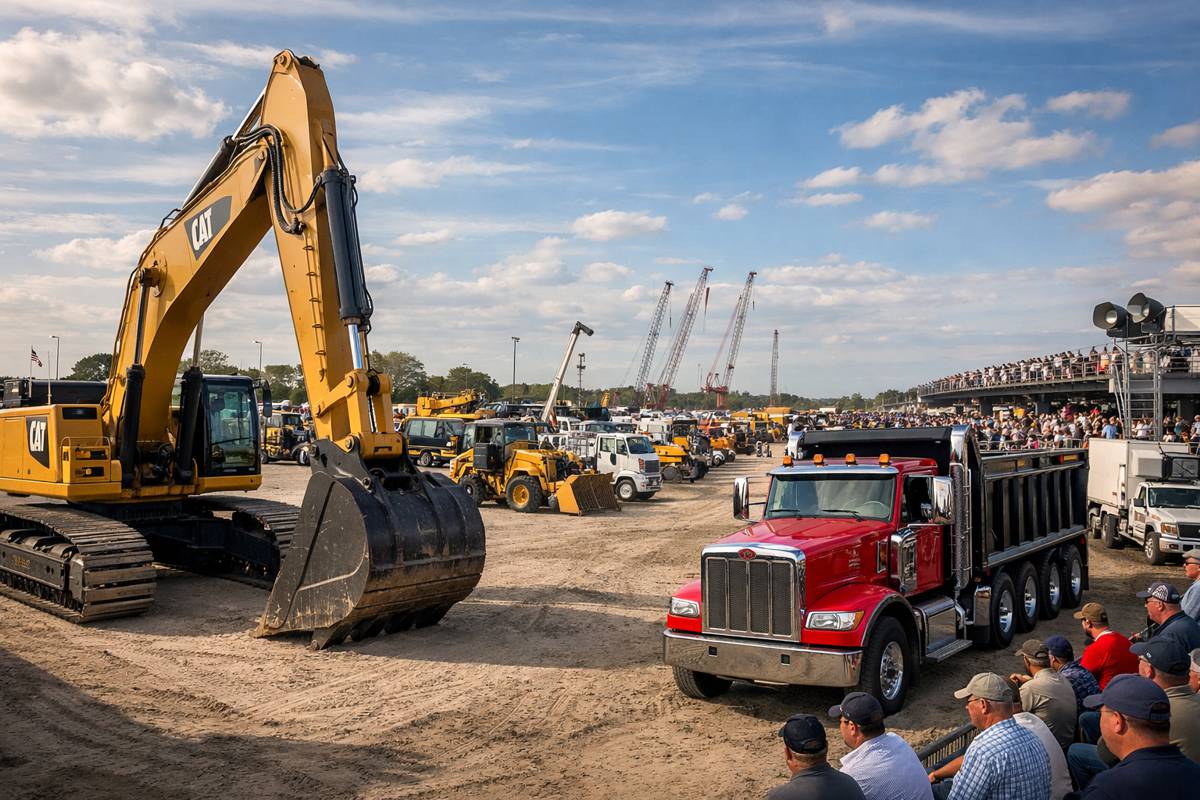I-405 Mobility in Los Angeles to improve with Parsons’ Artificial Intelligence solutions
Parsons has been contracted by Caltrans District 7 to develop a decision support system using artificial intelligence that will help relieve hot spot congestion areas and improve travel reliability along the I-405 Sepulveda Pass corridor in Los Angeles, CA. The I-405 Sepulveda Pass corridor is the most congested highway segment in the United States.
To help relieve congestion and mitigate impacts caused by traffic events, Parsons will work with the Caltrans District 7 Traffic Operations and Los Angeles City Department of Transportation (LADOT) to explore the utilization of corridor management concepts and to implement the decision support system along the I‑405 corridor from I‑10 to SR 101, which will co-ordinate the freeways with local arterials and improve mobility for commuters.
“Integrating this artificial intelligence solution with Caltrans’ existing advanced transportation management system will allow systematic freeway traffic responses that are in sync with arterial traffic signal operations,” stated Donald Graul, Connected Communities Market Leader. “The decision support system helps improve mobility without building additional infrastructure.”
The decision support system is a logic-driven, decision-making application that uses structured rules combined with incident and real-time congestion data to drive operational traffic strategies that mitigate and minimize impacts caused by events. Caltrans’ advanced transportation management system is a computer system application that was designed to monitor and manage all aspects of the freeway system in California’s Los Angeles and Ventura counties.
Parsons, based in Virginia, USA., is a leading provider of technology-driven solutions focused on the defense, intelligence, and critical infrastructure markets. Celebrating seventy five years of operations, Parsons provides technical design and engineering services and software to address their customers’ challenges. Parsons has differentiated capabilities in a wide range of industries, including: cybersecurity, intelligence, defense, military training, connected communities, physical infrastructure, and transport mobility solutions.
























